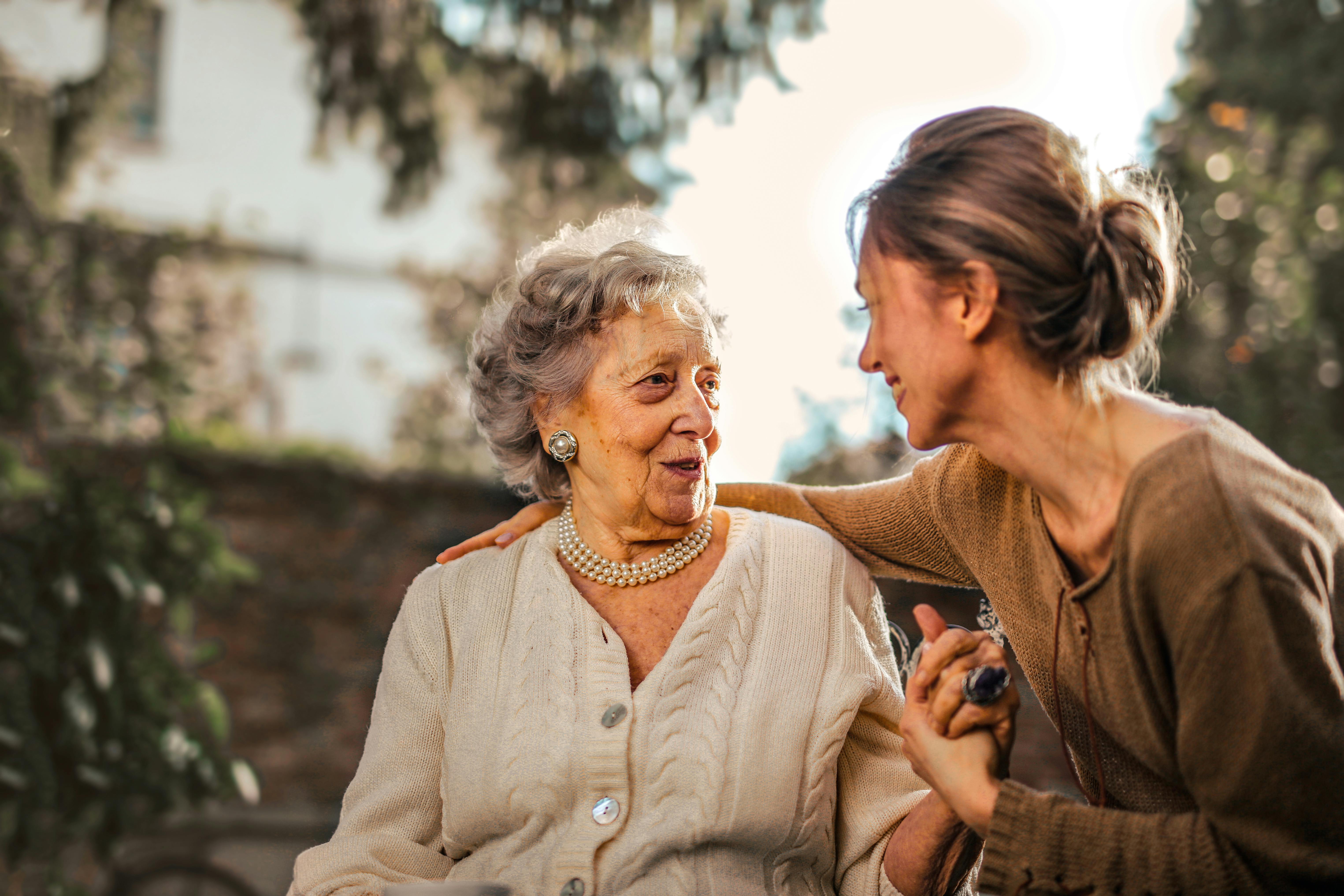Care for Seniors with Dementia: What You Need to Know
Dementia is a progressive disease affecting seniors. As a caregiver, understanding dementia care can be challenging. This guide provides detailed info on essential aspects of dementia care to support seniors and their families through this progressive condition.
Dementia is a progressive disease that affects millions of seniors worldwide. It is characterized by a decline in memory, thinking skills, and the ability to perform everyday activities. As a caregiver, understanding how to care for seniors with dementia can be challenging. This comprehensive guide provides detailed information on the essential aspects of dementia care.
Understanding Dementia
Dementia is not a specific disease but a general term for a range of symptoms associated with a decline in memory or other thinking skills severe enough to reduce a person's ability to perform everyday activities. Alzheimer's disease accounts for 60 to 80 percent of cases. Vascular dementia, which occurs after a stroke, is the second most common dementia type.
It's important to note that dementia is not a normal part of aging, and it is caused by damage to brain cells that affect their ability to communicate, which can affect thinking, behavior and feelings.
Signs and Symptoms of Dementia
The symptoms of dementia can vary greatly from person to person. However, at least two of the following core mental functions must be significantly impaired to be considered dementia: Memory, communication and language, ability to focus and pay attention, reasoning and judgment, and visual perception.
People with dementia may have problems with short-term memory, keeping track of a purse or wallet, paying bills, planning and preparing meals, remembering appointments or traveling out of the neighborhood.
Providing Care for Seniors with Dementia
Providing care for a senior with dementia requires patience, flexibility, and understanding. It can be physically and emotionally challenging, but it can also be deeply rewarding. Here are some key aspects to consider when caring for a senior with dementia.
Creating a Safe and Comfortable Environment
Creating a safe and comfortable environment for a senior with dementia can help reduce their anxiety and confusion. This includes removing tripping hazards, installing safety devices, and using simple décor to reduce distractions.
It's also important to maintain a routine to provide structure and a sense of security. However, be flexible and adapt the routine as needed to accommodate the senior's changing abilities and preferences.
Effective Communication Techniques
Communicating effectively with a senior with dementia can be challenging. It's important to use simple, clear sentences, and to be patient and supportive. Nonverbal communication, such as body language and tone of voice, is also crucial.
It's also important to engage the senior in activities that they enjoy and can successfully do. This can help maintain their skills and improve their mood.
Managing Dementia-Related Behaviors
Seniors with dementia may exhibit a variety of challenging behaviors, such as agitation, aggression, wandering, and sleep disturbances. Understanding and managing these behaviors can help improve their quality of life.
Understanding and Responding to Dementia-Related Behaviors
Understanding the cause of dementia-related behaviors can help in managing them. Often, these behaviors are a response to an unmet need. For example, agitation may be a response to physical discomfort, while wandering may be a response to boredom or restlessness.
Responding to these behaviors requires patience, understanding, and creativity. It's important to remain calm, to validate their feelings, and to try different strategies to address the unmet need.
Support for Caregivers
Caring for a senior with dementia can be physically and emotionally challenging. It's important for caregivers to take care of their own health and well-being, and to seek support when needed.
Self-Care for Caregivers
Self-care is crucial for caregivers. This includes maintaining a healthy lifestyle, getting regular exercise, eating a balanced diet, getting enough sleep, and taking time for relaxation and leisure activities.
It's also important for caregivers to manage their stress levels. This can be achieved through relaxation techniques, such as deep breathing, meditation, and yoga, and through seeking support from others.
Seeking Support
There are many resources available for caregivers of seniors with dementia, including support groups, respite care services, and educational programs. These resources can provide emotional support, practical caregiving tips, and information about dementia and its progression.
Seeking professional help, such as counseling or therapy, can also be beneficial for caregivers who are struggling with the emotional challenges of caregiving.
Conclusion
Caring for a senior with dementia can be challenging, but with understanding, patience, and the right strategies, it can also be a rewarding experience. By understanding dementia, creating a safe and comfortable environment, communicating effectively, managing dementia-related behaviors, and taking care of your own health and well-being, you can provide the best possible care for a senior with dementia.
Remember, you're not alone. There are many resources and support systems available to help you on this journey. Don't hesitate to reach out for help when you need it.
